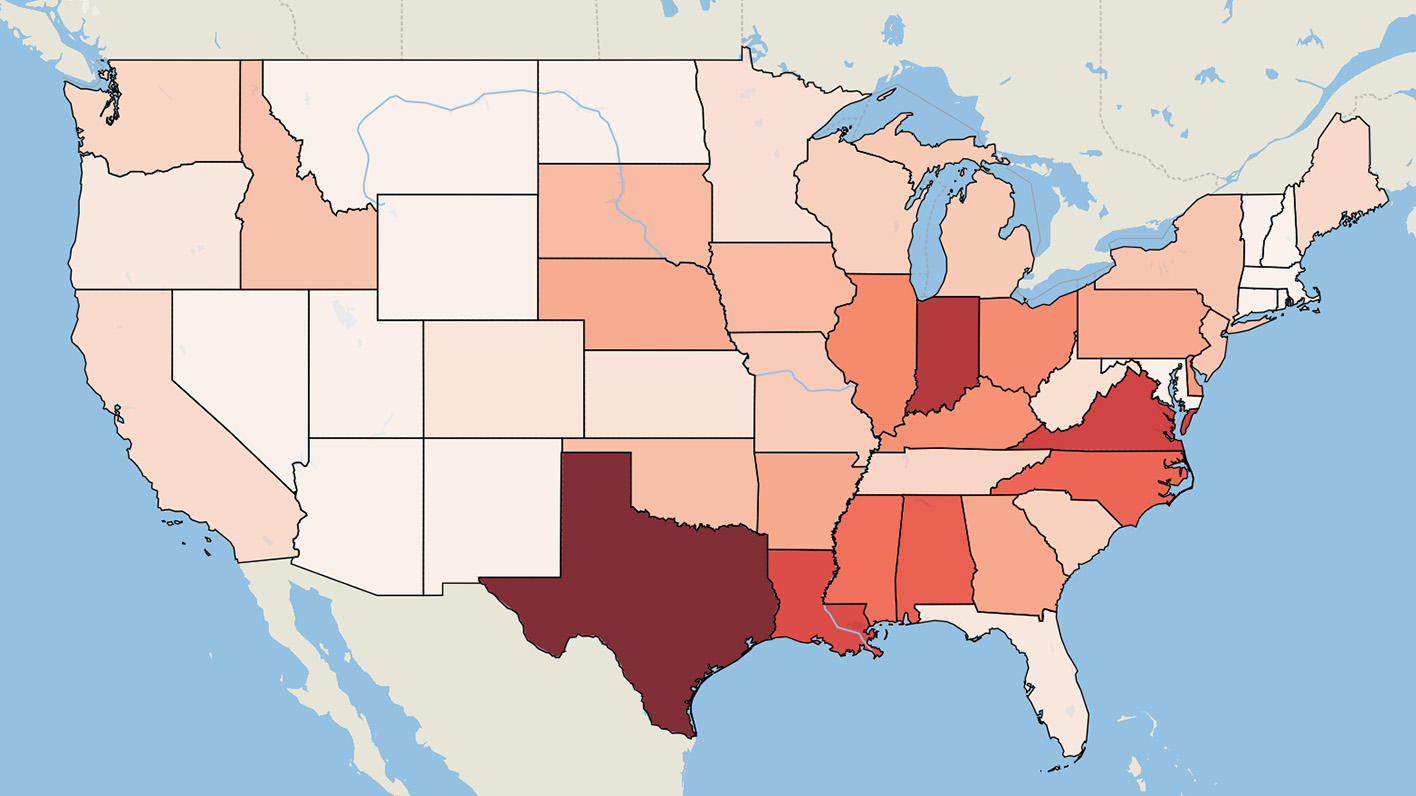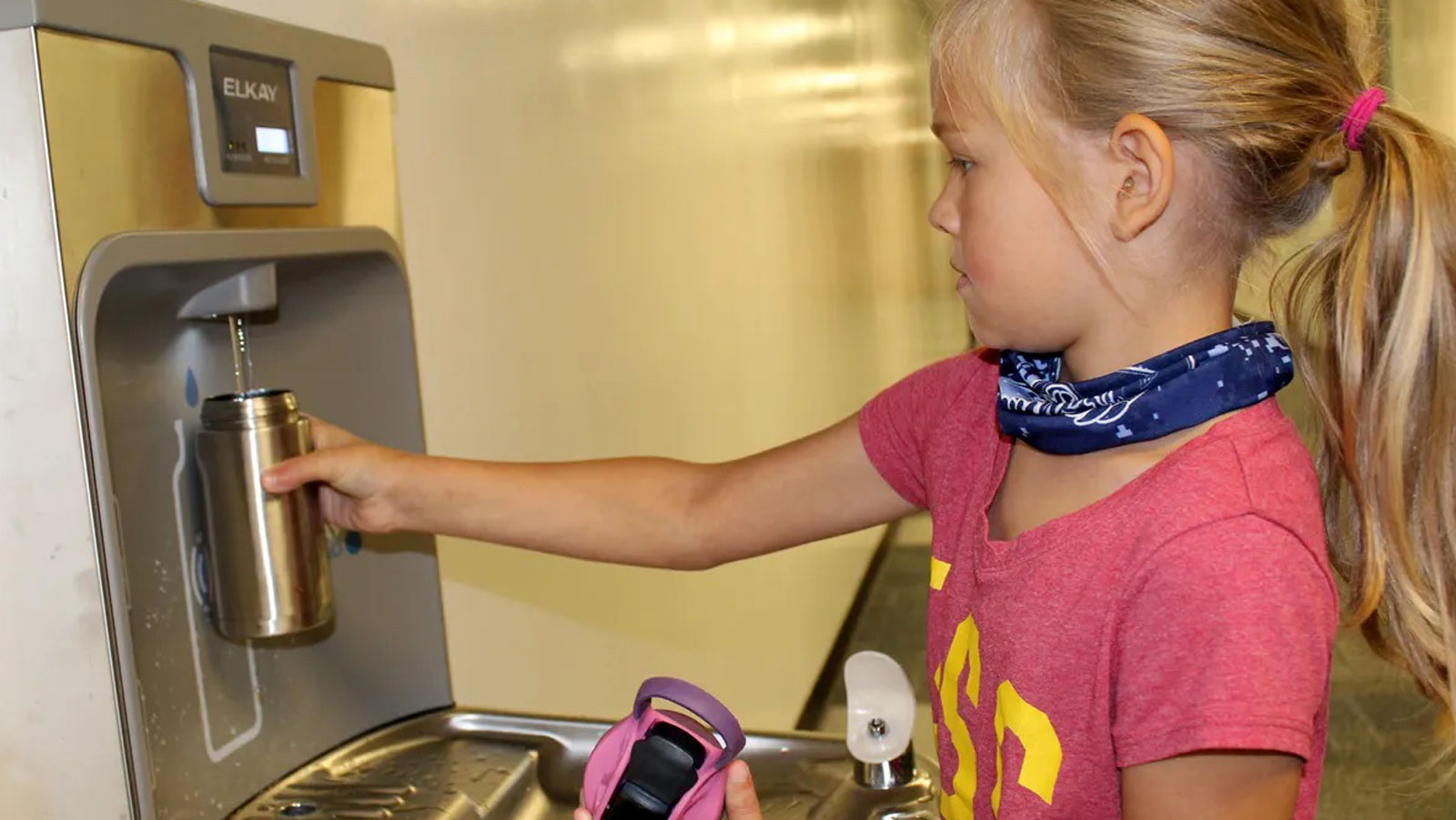
Testimony: Department of the Environment – Enforcement Authority
Today we submitted testimony in support of SB221to close gaps in enforcement authority for the Maryland Department of Environment regarding violations of drinking water, wastewater, or wetlands laws. We thank Attorney General Frosh for making this critical legislation a priority in his final year as Attorney General. You can read our testimony below
Today we submitted testimony in support of SB221to close gaps in enforcement authority for the Maryland Department of Environment regarding violations of drinking water, wastewater, or wetlands laws. We thank Attorney General Frosh for making this critical legislation a priority in his final year as Attorney General. You can read our testimony below
SB221: Department of the Environment – Enforcement Authority
Education, Health, and Environmental Affairs Committee
Emily Scarr, Maryland PIRG Director
FAVORABLE
Maryland PIRG and Environment Maryland are pleased to support SB221 to close gaps in enforcement authority for the Maryland Department of Environment regarding violations of drinking water, wastewater, or wetlands laws. We thank Attorney General Frosh for making this critical legislation a priority in his final year as Attorney General.
This bill helps ensure polluting industries can be penalized for harm to human health or the environment. There are too many examples of industries causing harm to Maryland’s waterways and public health, and putting our drinking water at risk.
One such reason this may become particularly important in the near term is as we discover contamination from the toxic chemicals PFAS in our waterways throughout the state. Last week, Prince George’s County sued chemical manufacturers 3M and DuPont over PFAS contamination in their waterways.
The Maryland Department of Environment has found PFAS contamination in 75% of the drinking water they have tested in the state. Neither the state or Marylanders taxpayers caused the contamination, but without proper laws in place, they may be left to shoulder the burden of testing and monitoring, delivering clean water to communities, cleaning up contaminated sites, and covering health care costs. How much more will it cost taxpayers to fix this mess is anyone’s guess. Of course, for people with health problems associated with exposure to PFAS, and their families, the costs are unquantifiable.
States have had some success in suing chemical manufacturers for PFAS contamination to help with environmental cleanup. Minnesota won an $850 million settlement from 3M in 2018, and has used the funding for drinking water and other water projects. According to the National Law Review, “Several states have since followed suit, including Michigan, whose Attorney General sued 17 companies that manufactured PFAS in January 2020.” Alabama, Alaska, Delaware, Michigan, Minnesota, New Hampshire, New Jersey, New York, North Carolina, Ohio, and Vermont have all sued PFAS manufacturers or users over contamination.
In order to ensure we can hold polluting industries accountable for the harm they have caused we must have the right laws on the books both to keep tax payers from footing the bill on cleanup and remediation but more importantly to act as a deterrent for industry to risk harm to human health or the environment.
We respectfully urge a favorable report.
Topics
Authors
Emily Scarr
State Director, Maryland PIRG; Director, Stop Toxic PFAS Campaign, PIRG
Emily directs strategy, organizational development, research, communications and legislative advocacy for Maryland PIRG. Emily has helped win small donor public financing in Baltimore City, Baltimore County, Howard County, Montgomery County, and Prince George's County. She has played a key role in establishing new state laws to to protect public health by restricting the use of antibiotics on Maryland farms, require testing for lead in school drinking water and restrict the use of toxic flame retardant and PFAS chemicals. Emily also serves on the Executive Committees of the Maryland Fair Elections Coalition and the Maryland Campaign to Keep Antibiotics Working. Emily lives in Baltimore City with her husband, kids, and dog.
Find Out More

The Threat of “Forever Chemicals”

Who are the top toxic water polluters in your state?

Green schools guide

